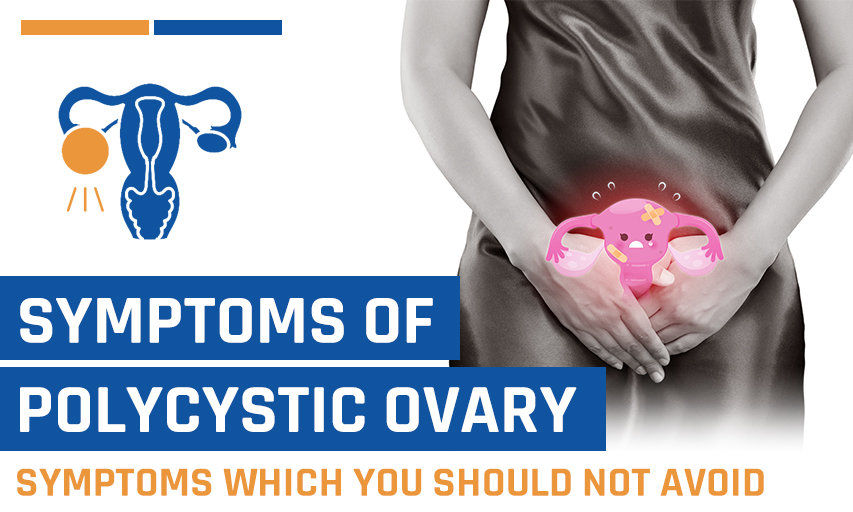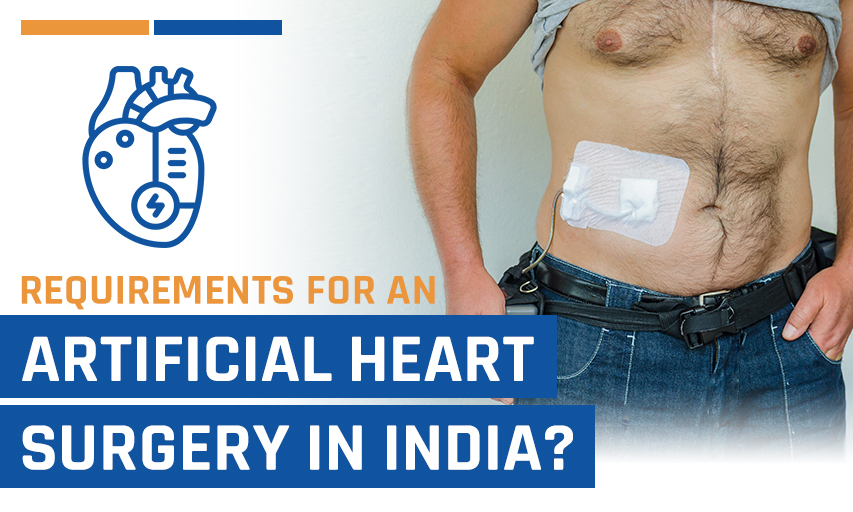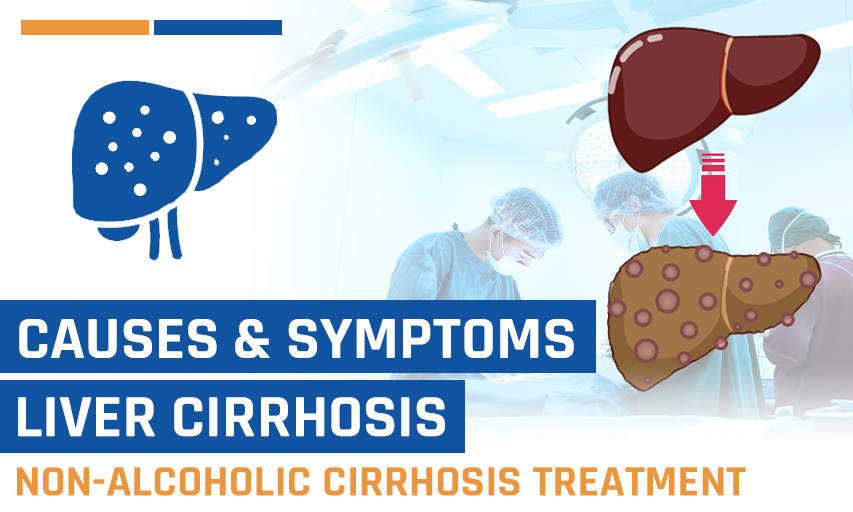Can IVF Treat Male Infertility?
In vitro fertilisation (IVF) can be an effective treatment for male infertility in certain cases, particularly when male factor abnormalities are detected through semen analysis. Further investigation is necessary to determine the underlying causes, such as hormonal imbalances, diseases, or physical abnormalities, that might be responsible for a man's low sperm count. In cases where basic treatments do not improve sperm quality, the IVF process for males can provide a better solution, especially for men with severe infertility or poor sperm motility. IVF is often the next best option when other treatments fail to get the desired results.
Many couples from African countries, such as Nigeria, Kenya, Egypt, South Africa, and Ghana, travel to India for IVF treatment due to India’s world-class healthcare, expertise in reproductive technologies, and affordable treatment options. India's advanced technology, experienced specialists, and relatively lower costs compared to many Western countries like the US and UK make it a popular option for IVF, particularly for those wanting high-quality treatment and better success rates in treating male infertility. Read this blog to learn more about ‘Can IVF treat male infertility?’.
When Should the IVF Process for Males Be Considered?
IVF is generally recommended for male infertility when sperm analysis shows a significantly low concentration of viable sperm in the sample. Compared to other fertility treatments like IUI or timed intercourse, IVF offers a higher success rate.
In vitro fertilisation is a highly effective treatment option, especially in cases where there are multiple difficulties to conceiving. These may include factors such as advanced maternal age, blocked fallopian tubes, problems with ovulation, and low sperm count. But how does IVF help male infertility in cases of poor sperm motility? IVF can still improve the chances of fertilisation in sperms with poor motility, making it a preferred option for couples facing problems with conceiving.
These are the reasons why:
- The IVF process for males allows sperm with low motility to still fertilise eggs because fertilisation is performed in a controlled laboratory environment. This eliminates the need for sperm to travel through the female reproductive system, where motility for men could otherwise be a limiting factor.
- IVF makes fertilisation possible even with a low sperm count. The process directly places sperm close to the egg in a petri dish, making sure that fertilisation can even be achieved with a low sperm count.
- In natural conception, oftentimes many sperm fail to reach the egg because they do not follow the correct path. With IVF, this is not a problem, as the sperm is directly introduced to the egg, and the sperm does not ‘miss’ its target.
Do the Chances of Success in IVF Depend on Sperm Quality?
Many people wonder if IVF can work with poor sperm motility and quality. Even though the sperm no longer need to swim up the fallopian tubes and enter the egg naturally, sperm quality still remains an important factor in deciding how the results turn out. In the IVF process for males, sperm is collected and injected directly into the egg, but the overall health of the sperm still plays a massive role.
Low sperm count or motility can benefit from IVF, as only the healthiest sperm are selected for the fertilisation process. Since the sperms do not have to travel through the fallopian tubes, low motility for men does not turn out to be much of an issue.
However, if the sperm has poor DNA quality or atypical genetics, IVF/ICSI can be used for the process of fertilization in humans, but it could take longer for women to become pregnant through these methods. Poor sperm DNA quality can also affect how successful a pregnancy may be, making it an important part of the IVF process for males.
Does IVF Work With Abnormal Sperm?
Yes, IVF can work even if abnormal sperms are present. It is possible for normal pregnancies to take place despite the presence of abnormally shaped sperm. However, abnormally shaped sperm can sometimes indicate underlying problems that might need attention, such as insufficient sperm production or poor sperm motility for men. While they don’t necessarily prevent pregnancy, they might make conception more difficult through natural means.
In many cases, infertility issues are the reason a man undergoes semen and sperm testing to determine whether his sperm is abnormal in form or quality. A semen analysis is a standard part of any fertility treatment, including IVF, and it helps assess sperm quality. This analysis can reveal if there are any issues with sperm that are affecting the chances of successful fertilisation and pregnancy.
Abnormal sperm, however, can sometimes lead to problems with conceiving and pregnancy, but IVF techniques like IVF + ICSI can avoid those problems, as in this procedure a doctor directly injects a single sperm into an egg, bypassing many of the natural barriers to the process of fertilization in humans. This makes IVF the best and most practical treatment option in cases of abnormal sperm.
Does Poor Sperm Affect Embryo Quality?
The impact of poor sperm quality on embryo development and the risk it could carry for the child is a concern for many couples. When conception takes place with low-quality sperm, one of the primary questions is whether the embryo or the child may be affected by genetic or developmental problems. So, does IVF work with poor motility, and can it help in such cases?
Poor sperm quality can influence the health of the embryo. Genetic defects or DNA damage in sperm can be passed on to the embryo, which can affect its development and lead to risks such as miscarriage or genetic disorders. However, there have been cases of IVF turning out to be increase the chances of success in IVF even in cases of poor sperm motility and low sperm count.
If the sperm quality is seriously low, such as when the sperm count in a person is below 5 million per millilitre, a genetic analysis of the male partner is often recommended before proceeding with any reproductive treatment. This helps assess the risk of passing on genetic abnormalities that can affect the embryo or child.
Despite these problems, IVF techniques, such as intracytoplasmic sperm injections, help doctors to select the healthiest sperm and directly inject it into the egg, minimising the risks of sperm quality.
What Happens if You Get Pregnant with Abnormal Sperm?
One can question the significance that sperm quality and shape hold in fertilisation, especially since sperm with different qualities and forms can still fertilise an egg. Though it is less likely that many sperm with irregular shapes can successfully fertilise an egg, this is not always the case. Despite this, the shape of the sperm typically has little effect on the pregnancy once the fertilisation occurs.
However, if a man has a very low sperm count or a complete absence of sperm, the chances of natural conception are reduced, leading to the couple facing more difficulties in getting pregnant. In that case, IVF can help increase fertility in men by increasing the sperm production and improving sperm quality.
In some cases, if the sperm quality is compromised but a woman gets pregnant, advanced techniques like intracytoplasmic sperm injection are used to directly inject sperm into an egg, increasing the chances of a successful pregnancy.
What are the Ways to Boost Male Fertility?
After understanding how motility affects the fertilisation process, let's now learn the ways to boost fertility. If you have a low sperm count, there are several ways in which you can increase your count. Here are some suggestions to improve the chances of your producing healthy and viable sperm:
■ Improve Your Lifestyle: It is recommended that frequent smokers and alcoholics cut down on their use, if not quit altogether. It's common knowledge that substance abuse, especially alcohol or tobacco, may negatively impact fertility.
■ Exercise: Increasing physical activity, whether via exercise or a more active lifestyle, may boost health and, by extension, sperm quality in preparation for in vitro fertilisation.
■ Better Your Diet: Although a direct link between diet and sperm quality is still being researched, consuming a more vitamin-rich and balanced diet leads to better overall health and improves sperm quality. Taking multivitamins as recommended by your doctor can also help make sure that your body has the required nutrients for sperm production.
■ Reduce Exposure to Toxins: To increase the viability of your sperm and increase your chances of becoming pregnant, reducing your exposure to radiation, chemicals, and toxins can contribute a lot.
■ Wear Comfortable Clothes: Poor sperm quality has been linked to an elevated scrotal temperature, which may be caused by wearing tight or uncomfortable clothing. Swap out your current set of underpants with something else.
■ Reduce Weight: Low sperm quality has been related to obesity. To improve your chances of becoming pregnant, you should start working out regularly, eating healthily, and losing extra weight.
Is India Good for IVF Treatment?
India is one of the best places for getting IVF treatments because of its world-class medical facilities, experienced fertility specialists, male reproductive doctors, and cost-effective treatments. Many African couples choose India for IVF because the country offers high success rates, advanced technology, and personalised treatments at a fraction of the cost compared to other countries.
India is home to internationally accredited clinics with advanced IVF techniques like ICSI, making it the top choice for male infertility treatments. With a focus on patient comfort and care, India continues to attract patients from all over the world for its fertility options and low cost in vitro fertilization treatment.
| Treatment | Cost in India |
|---|---|
| Micro TESE Male Infertility Treatment in India | $5,500 |
| Stem Cell Male Infertility Treatment in India | $3,000 |
So, Can IVF Work for Male Infertility?
IVF is proven to have helped with male infertility, but its success highly depends on the quality and quantity of both the sperm and the egg. High-quality sperm is important for fertilisation to occur. Research shows that chances of success in IVF can be lower if the male partner is over 40 or has a poor lifestyle, as these factors can affect sperm quality.
While IVF is a good option to increase fertility in men, techniques like intracytoplasmic sperm injection, or ICSI, when complemented with the process, can help overcome severe sperm problems. However, maintaining a healthy lifestyle and optimising sperm quality can greatly increase the chances of success in IVF. So if your question was, Can IVF work for male infertility? or Can IVF treat male infertility? We hope this blog answered that question for you!




















Be First To Comment
Leave a Comment